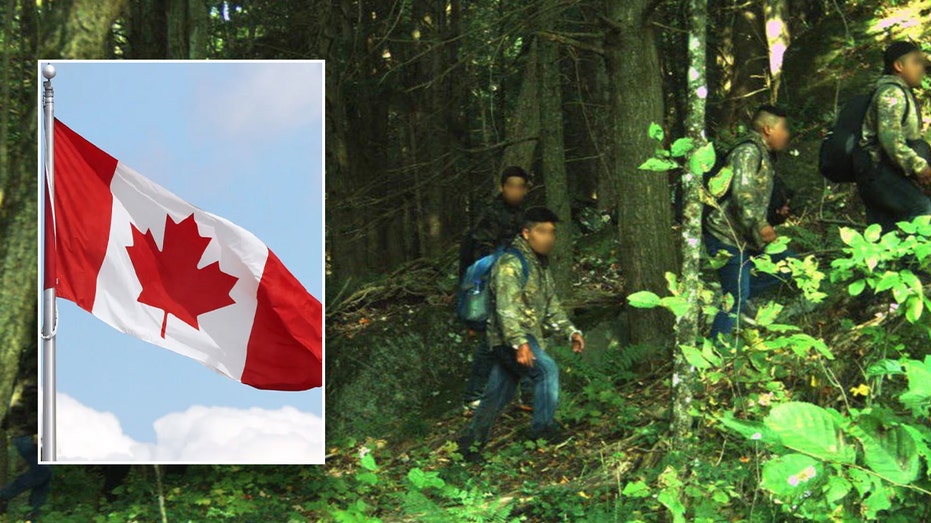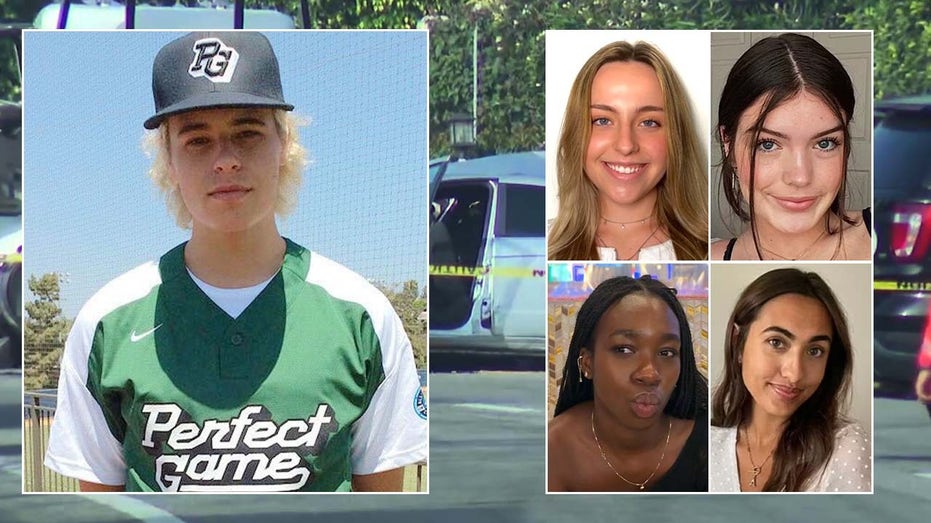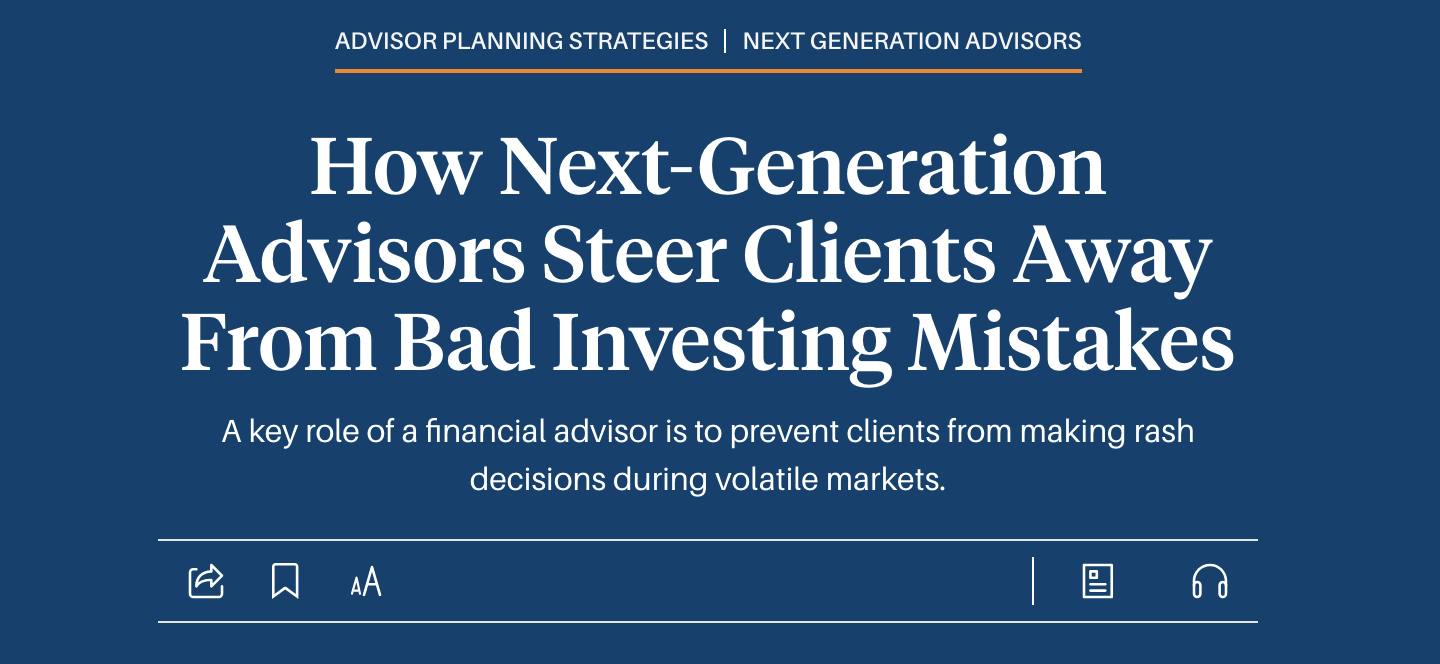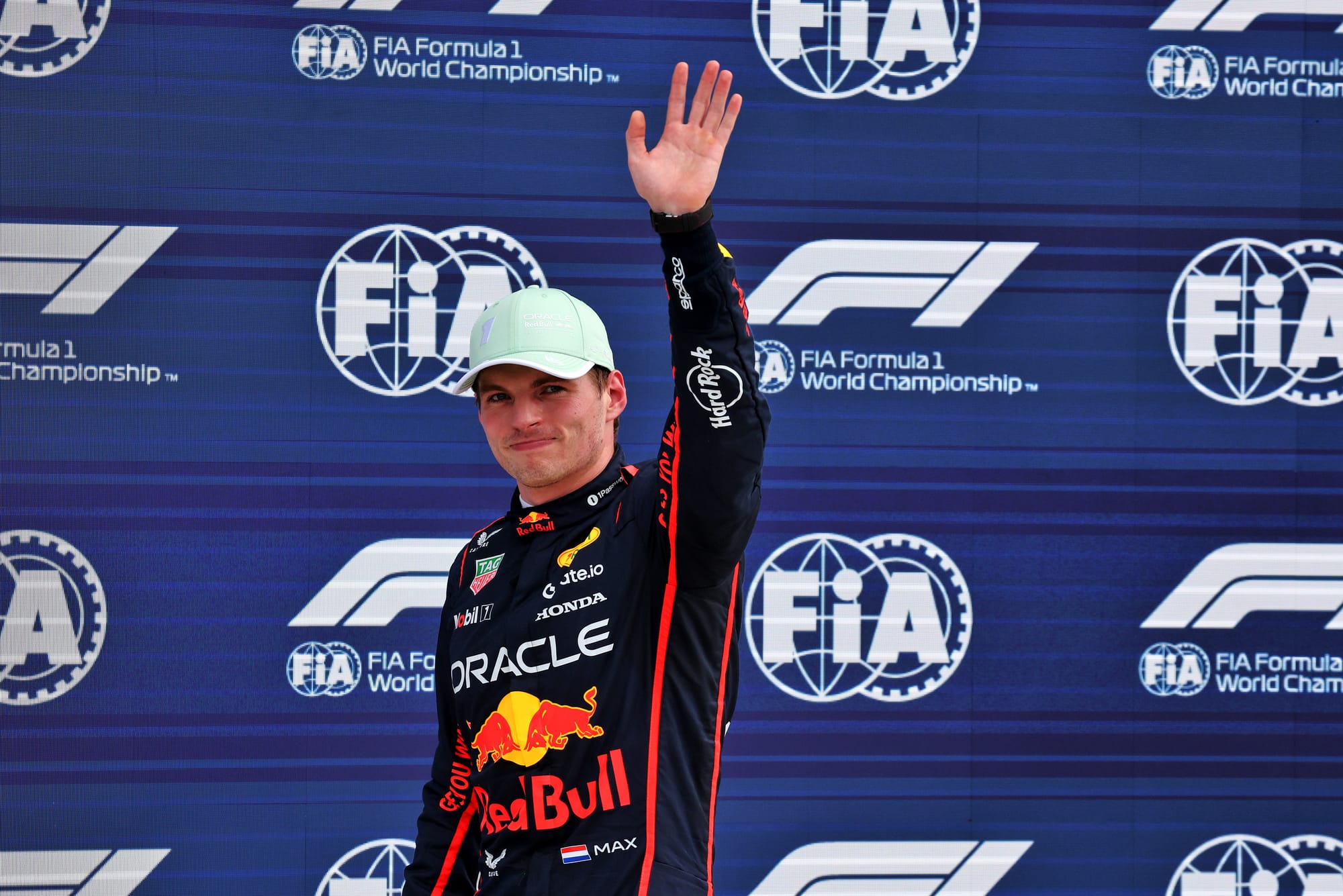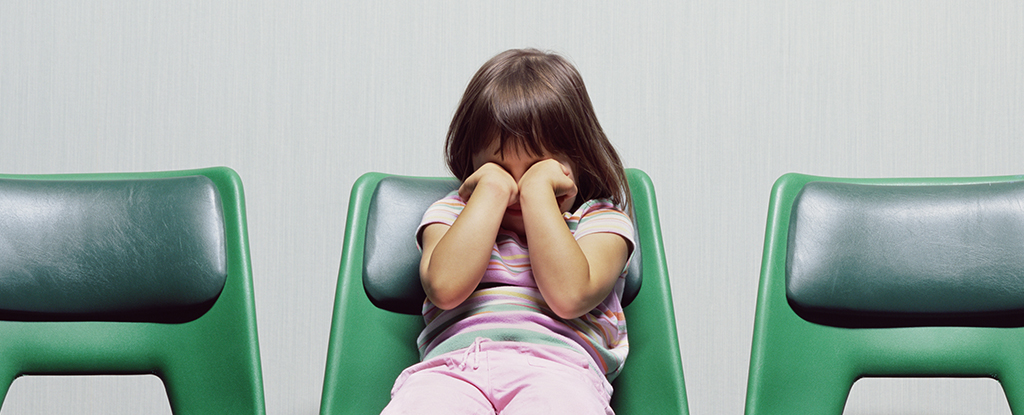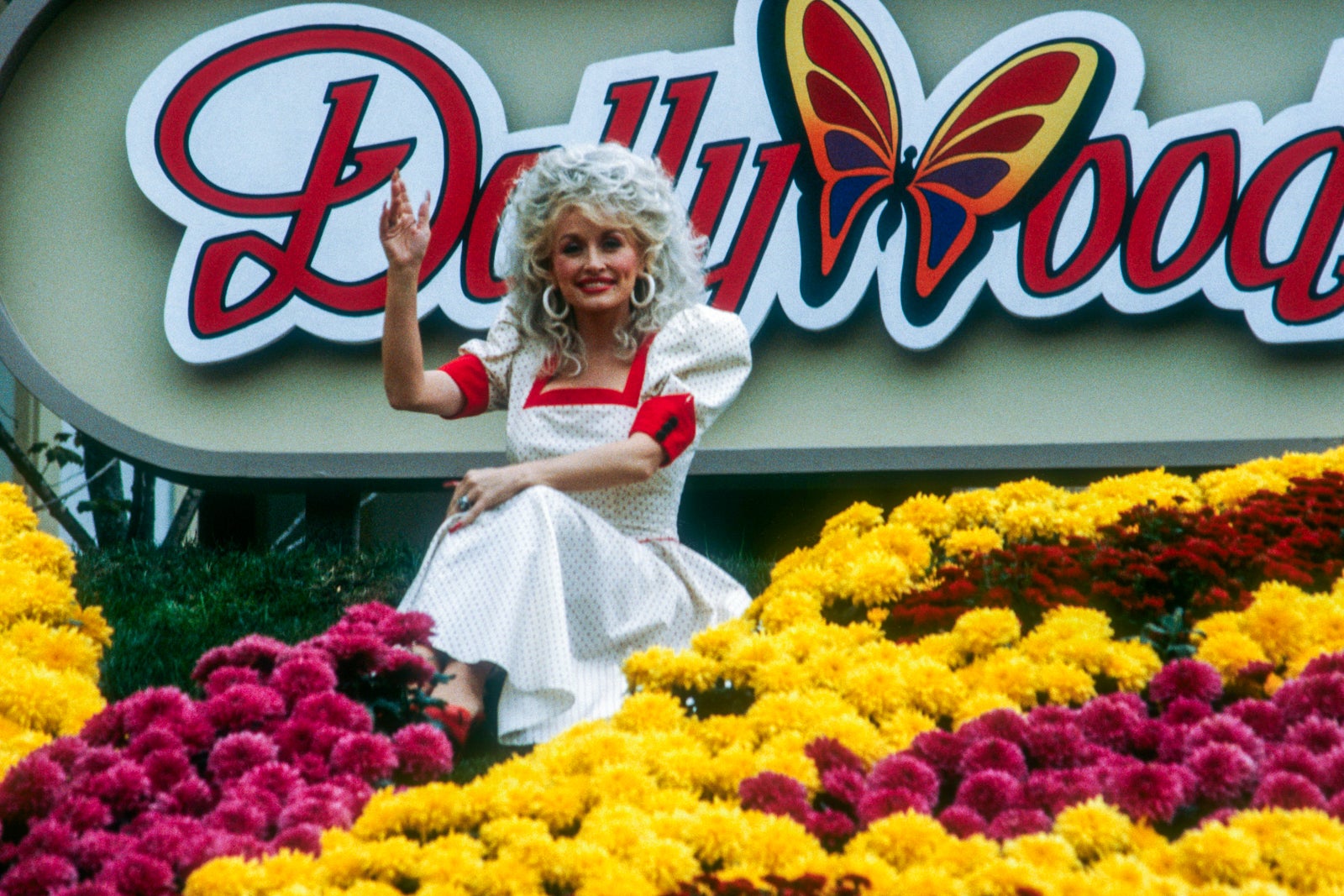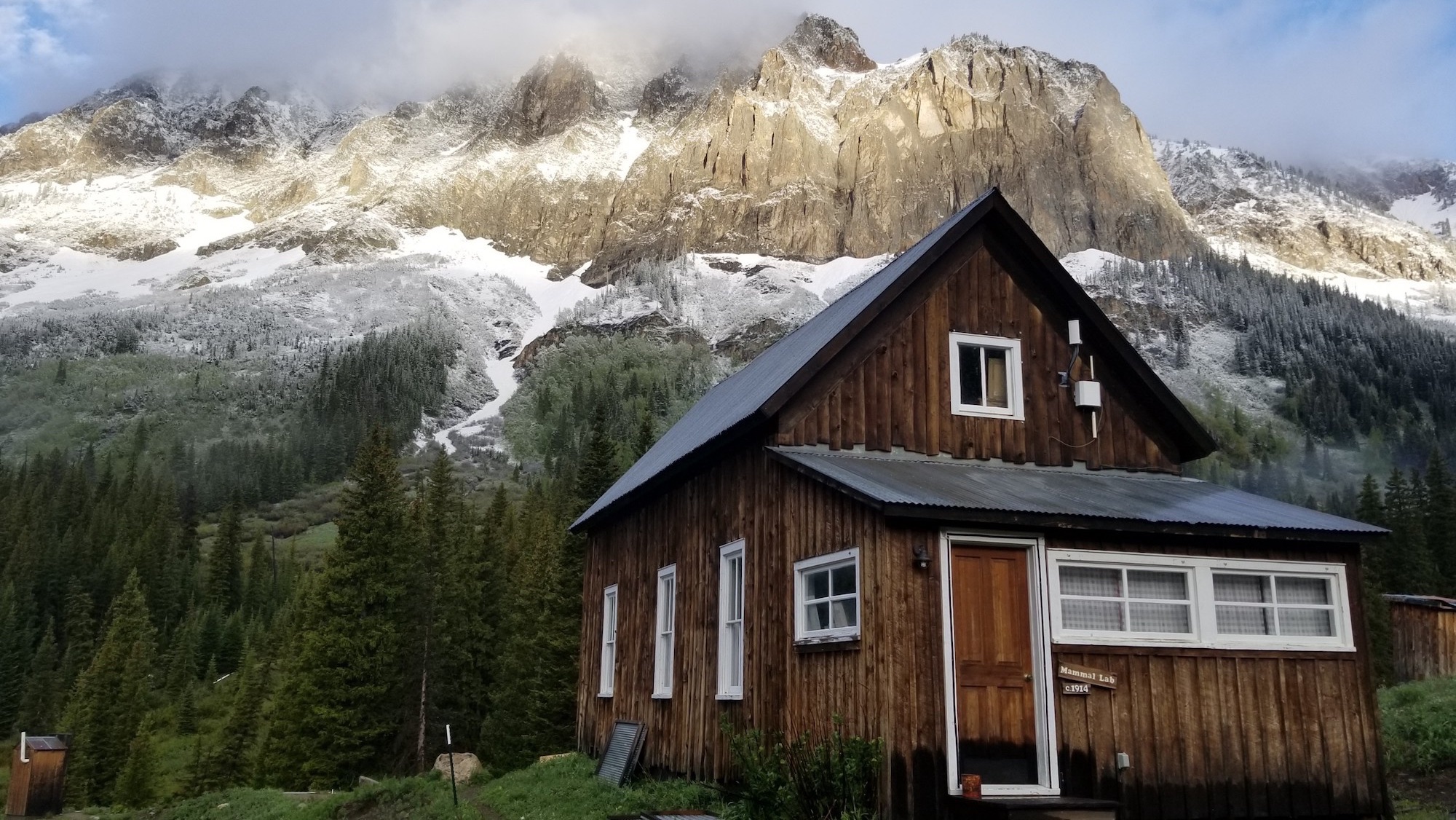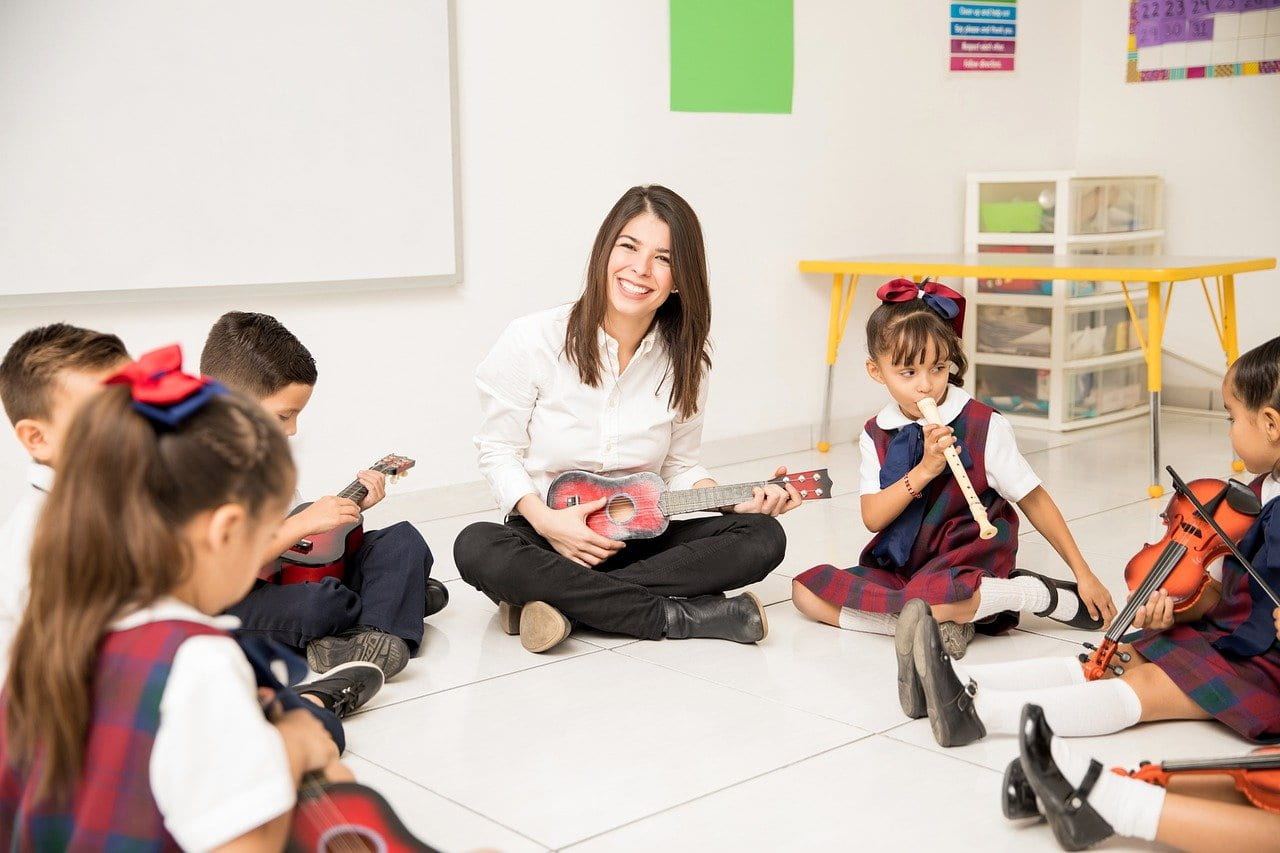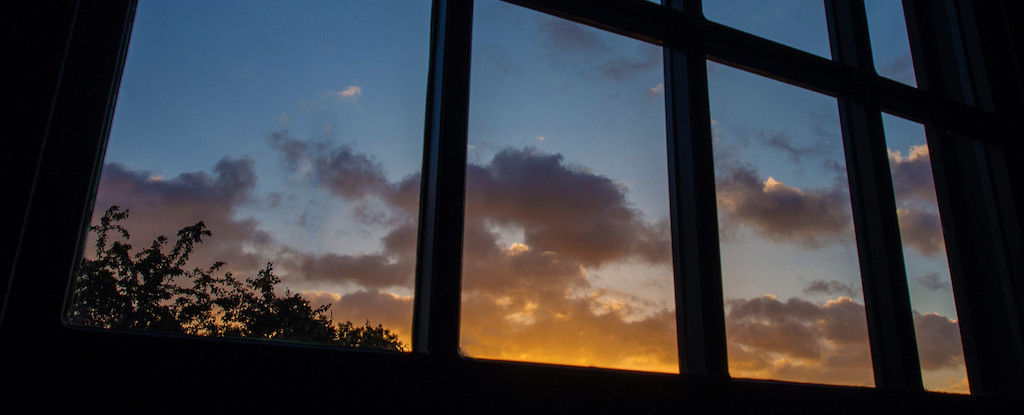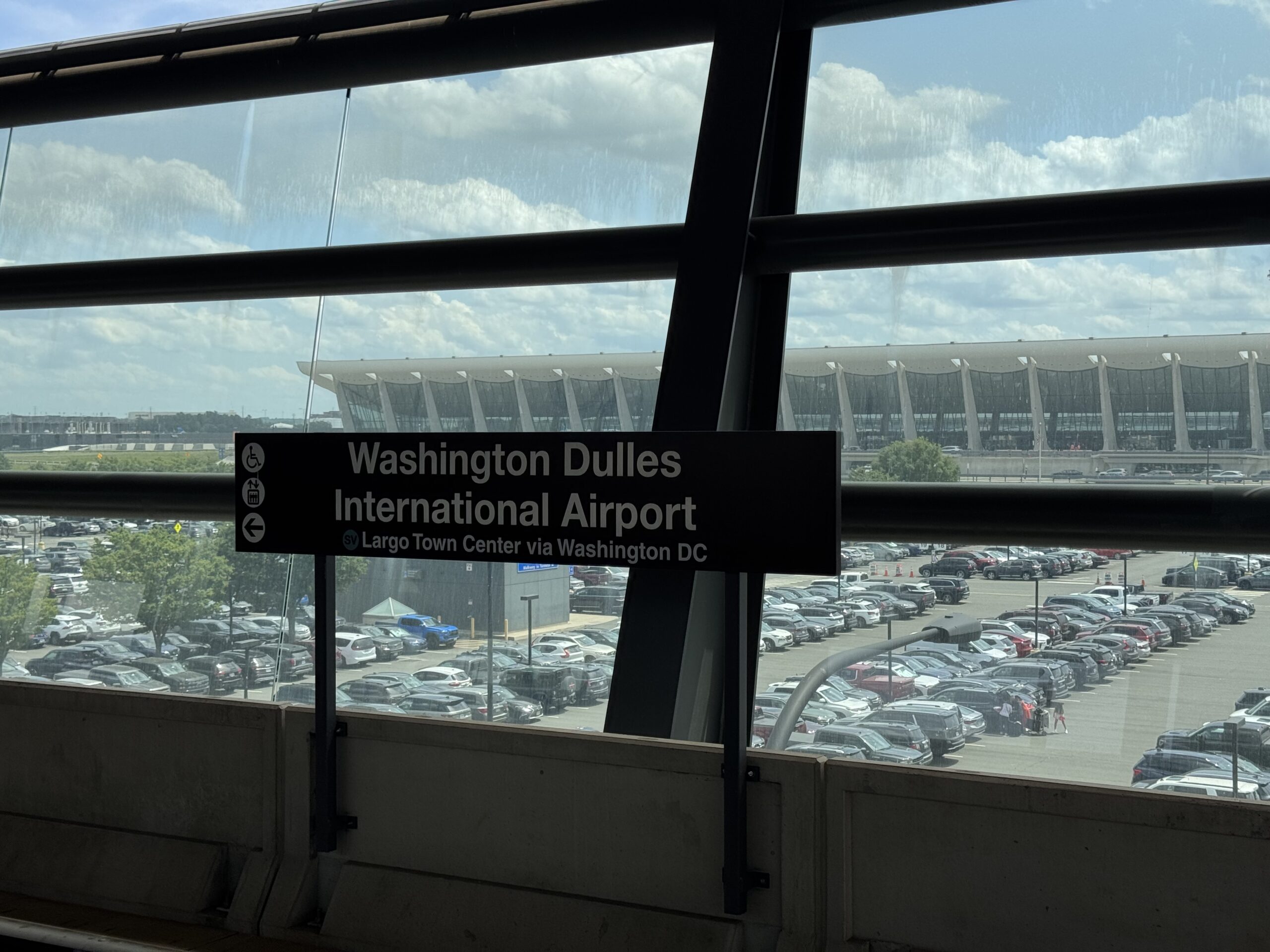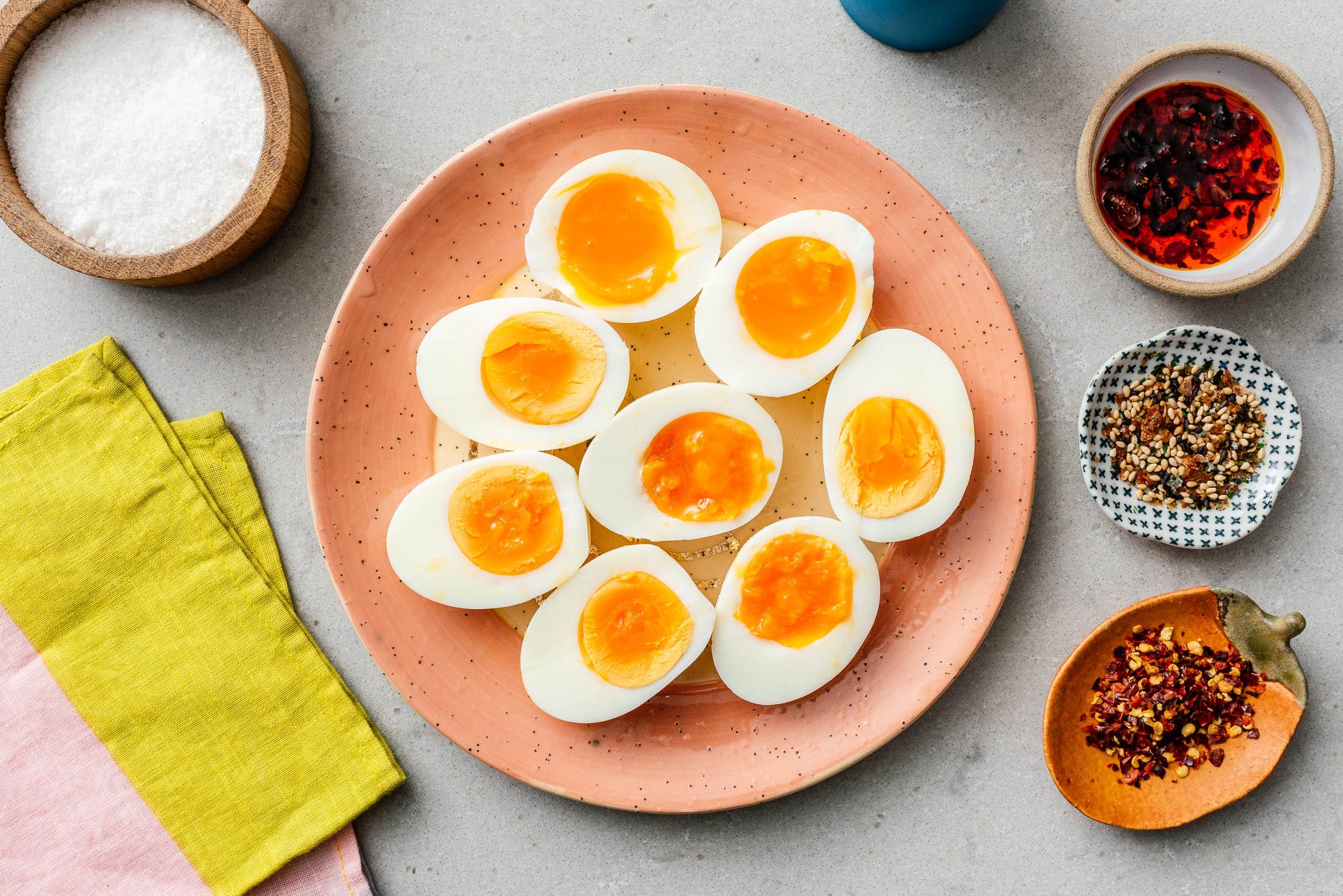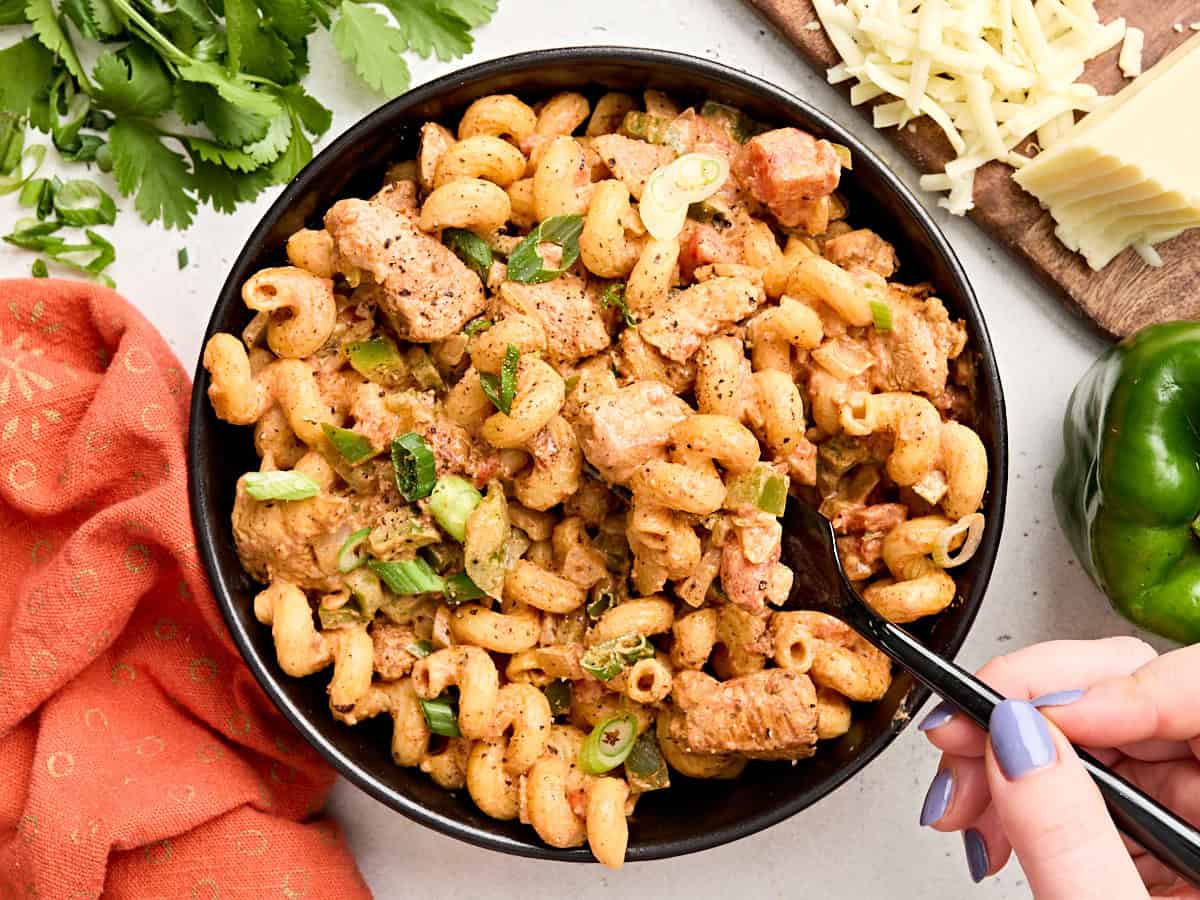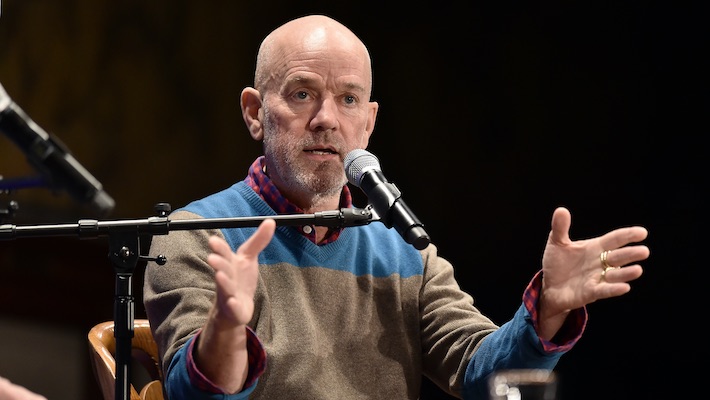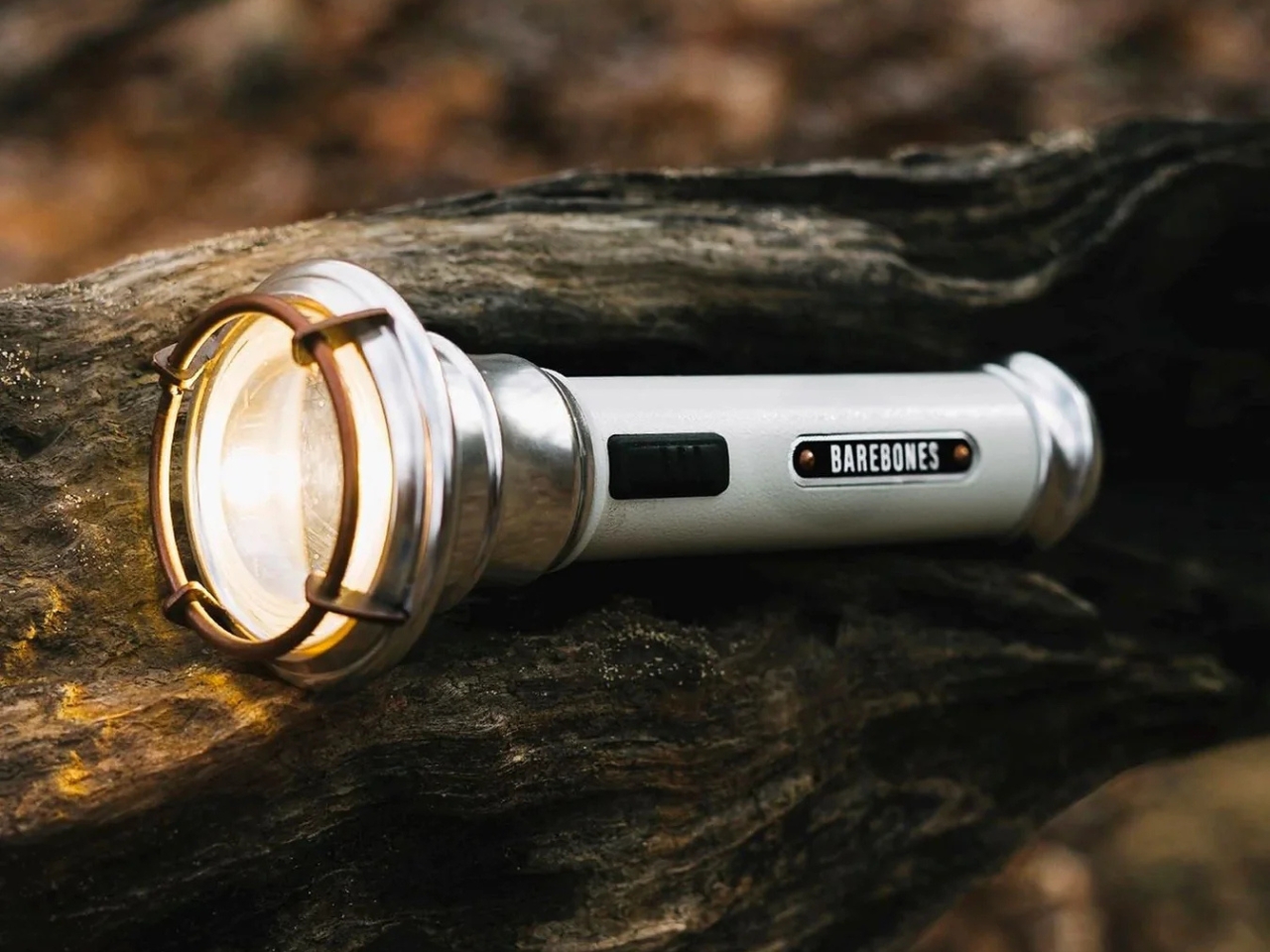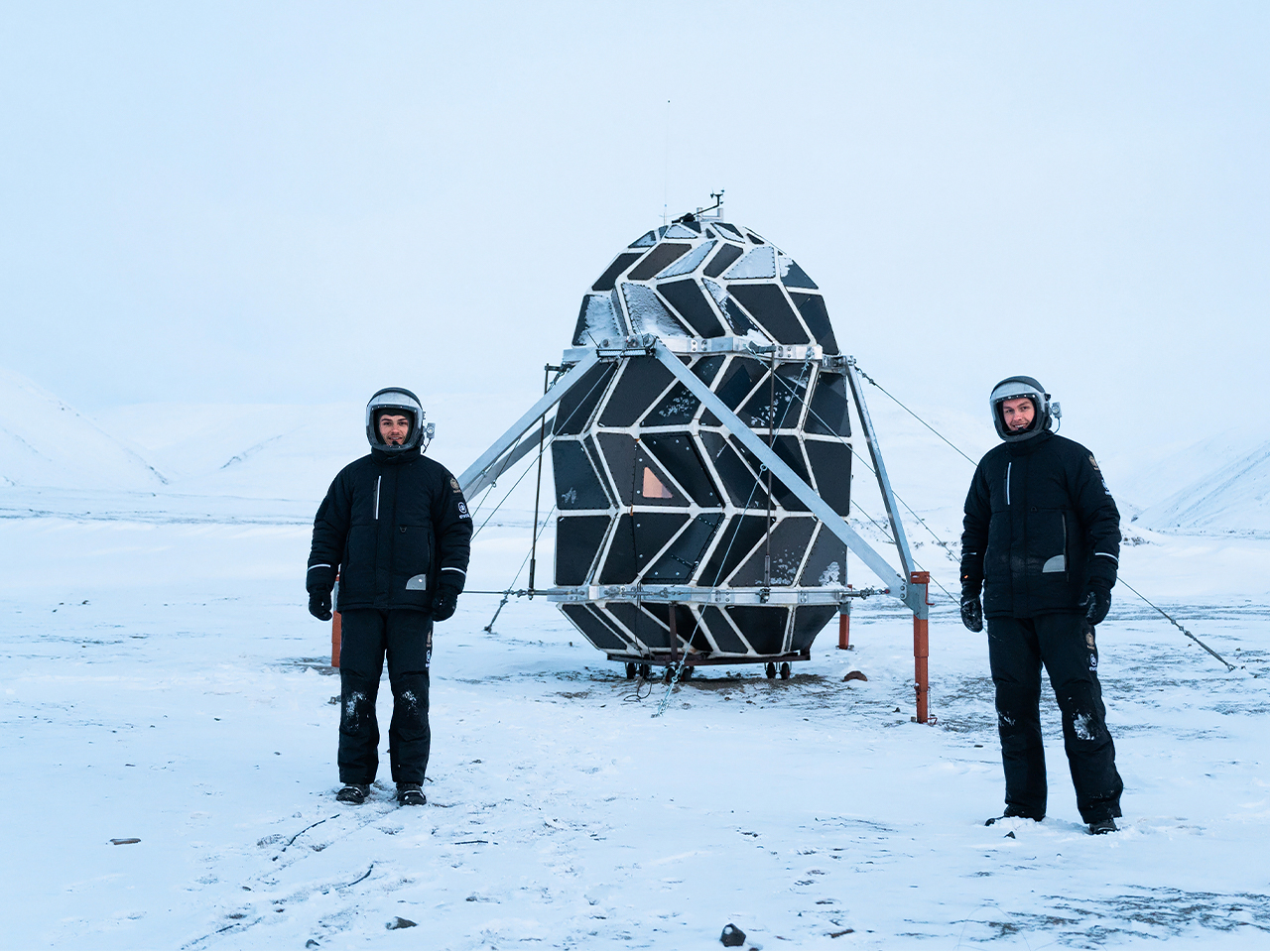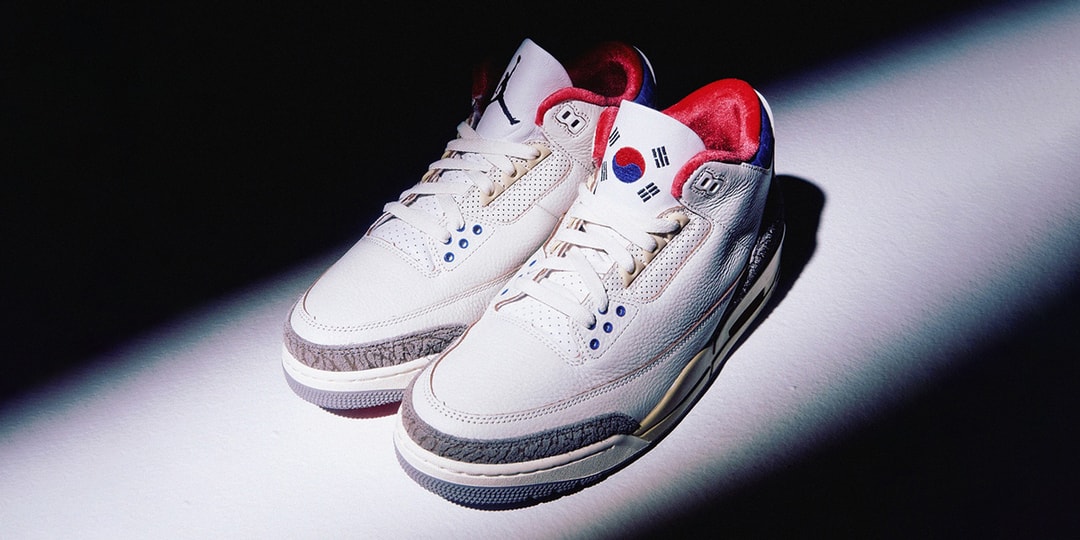We’ve Been Thinking About Love All Wrong
What illness taught me about true friendship

When I first entered the kingdom of the sick, I wasn’t interested in befriending my fellow denizens. Only 22, with a limited understanding of grave illness—or loss—I found the idea of a cancer support group for young adults wholly depressing, and I didn’t want to get too comfortable with the identity of the cancer patient. Unsurprisingly, a year into treatment, I was as isolated and lonely as I’d ever been in my life.
When it came to friendship, I had always prioritized quantity over quality. Attending six schools on three continents before the age of 12 meant that I was skilled at quickly forming friendships but not necessarily at sustaining them. While moving around, I maintained pen-pal correspondences with my best friend Molly in upstate New York, and my best friend Ranya in Tunisia, and my best friend Eléonore in Switzerland. But without a clear idea of when (or even if) we’d see each other again, and with all the address changes, our letters would peter out. The message I took from it was that relationships have a shelf life.
In college, I was a social butterfly, flitting from group to group, making fast but not necessarily deep friendships. Many of those friends disappeared when I got sick, and I felt hurt, angry, and betrayed. With time, I came to realize it wasn’t some huge failing on their part—of course the people I played beer pong with were not at my bedside when my hair was falling out. To sustain a relationship through that kind of crisis requires stronger bonds.
Then one day, I was sitting in the hospital waiting room when a woman with a knit ski cap over her bald head and a face mask across hollowed cheeks fell into the chair next to mine. Her name was Anjali, and she was pretty and petite, with tawny skin and a beaked nose like mine. Though shorter than me and frail from months of bed rest, she exuded fierceness.
“I know who you are,” she said, with a trace of an Indian accent. “You write that fucking column.” What she meant was: Hello, it’s nice to meet you. I simply wasn’t good at reading between her lines yet.
Over time, we traded stories and learned that we had many in common—stories of immigration, of being the only kid on the first day of school who didn’t speak English, of feeling like a misfit wherever we went. I learned that her parents were dead and she was estranged from her brother, who’d never returned her call about being her bone-marrow donor. I came to understand that was why she wore so much armor: She felt she had to protect herself to survive.
Anjali and I also shared the same diagnosis. We did the same chemotherapy regimens at Mount Sinai Hospital, administered by the same doctors. We both transferred to Memorial Sloan Kettering Cancer Center to undergo bone-marrow transplants around the same time. A hundred days post-transplant, we both received our biopsy results. Mine came back clean: no sign of leukemia. Hers showed that she had already relapsed, and further treatment was not an option.
By then, I was 24. I had never been a caregiver, much less accompanied someone as they neared the end. But I understood the pain of having people not show up—and here was an opportunity for me to show up. For the next few months, I brought Anjali food, went with her to doctor appointments, and brought her home with me on holidays. Then, when she got too sick and weak to live at home alone, I called an ambulance to take her to Bellevue Hospital’s hospice ward.
When the ambulance arrived, Anjali looked at me and howled. She called me a traitor, said I was a terrible friend, said that she hated me. But I didn’t take it personally. I knew how fear and pain could make you angry. I myself had lashed out at loved ones in ways that I hadn’t known I was capable of before illness. I understood that her rage was not toward me but toward a world in which she had never fully belonged, a world from which she’d soon be gone.
I rode with her in the back of that ambulance, and for the next week, I held a round-the-clock vigil by her bedside. The day before she died, Melissa and Max, whom I’d also befriended in treatment, and another friend named MJ, who was a cancer survivor (and who may or may not have volunteered as our weed supplier in those pre–medical marijuana days), joined me there. A talented musician, MJ brought a guitar, a shruti box, and a harmonica and played a few songs, including “Love More” by Sharon Van Etten. We all sang along: “She made me love / She made me love / She made me love more.” Anjali was so close to the veil that her hearing was failing. I didn’t know whether she could actually hear the music or she was only seeing us experience it, but it seemed to make her happy.
I remember a nurse watching us from the hallway. Later, she told me that in all her years of working in hospice, she had never seen that before—other young people with bald heads and waifish bodies ushering a fellow patient through their final days. I understood why she was taken by the sight. To watch anyone die is scary, and it’s even scarier to watch someone die from the same disease that might kill you. No one would have blamed us for avoiding it, but we were all struck by the fact that Anjali had no family. Her great fear was that she would die alone, and we wouldn’t let that happen.
Being with Anjali through those days remains one of the most harrowingly beautiful and meaningful experiences of my life. I felt like I got to meet Anjali the child—the Anjali who had not yet been hurt, betrayed, or abandoned by the world. She softened; she became calm. Every time her eyelids fluttered open, she would reach for my hand. She was so skinny, and her big, dark-brown eyes seemed even bigger by contrast. Tender, open, unarmored, she seemed—paradoxically—healed.
When we think of love, we think of romance and happily-ever-after fairy tales. By telling this story, I want to invoke something different—the radical power of seeing, understanding, and showing up for another human. As Alain de Botton writes in A Therapeutic Journey, the word love “is so fatefully associated with romance and sentimentality that we overlook its critical role in helping us to keep faith with life at times of overwhelming psychological confusion and sorrow.”
In the four years I spent in treatment, illness took a toll. I lost my romantic relationship, my sense of self, and my trust in the future. I lost friends—Anjali, then Melissa, then Max. I was deep in grief, and I felt an almost primal impulse to shut down, to retreat like a wounded animal. I thought, If I never get close to anyone again, I will never be hurt again.
But I had learned another lesson too. Illness had taught me how much we need one another, how we come into this world needing so much care, how we die needing so much care, how we get that from the people we love and who love us: our family—blood or chosen—our partners, our friends, our communities.
I knew I had to keep turning toward love and other people to navigate my grief and uncertainty. Loneliness is a health issue—studies show that social isolation is associated with a greater risk of cardiovascular disease, dementia, stroke, depression, anxiety, and premature death, and that being socially disconnected can have the same impact as smoking 15 cigarettes a day. As far back as 2017, the U.S. Surgeon General at the time, Vivek Murthy, began calling attention to loneliness, arguing that we can live healthier, more fulfilled lives by strengthening our relationships. “Answer that phone call from a friend,” he wrote in a 2023 report. “Make time to share a meal. Listen without the distraction of your phone. Perform an act of service.”
Each of these proposed actions is, at its core, an act of generosity: Be fully present, listen, give of yourself to another human. Of course, this can’t be done with a transactional mentality. People can sense whether you’re helping them only to make them obligated to help you—and that feels terrible. What I’m talking about is connecting with another human as an end in itself. It’s knowing someone simply to know them.
Anjali died on Valentine’s Day. The last word she said to me was love.
This essay was adapted from The Book of Alchemy.
* Illustration by Akshita Chandra / The Atlantic. Source: AC. Nowell / L. Prang & Co. / Library of Congress; ilbusca / Getty.
